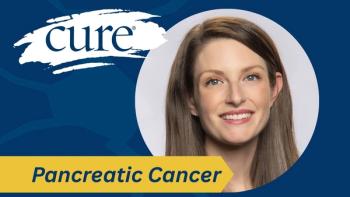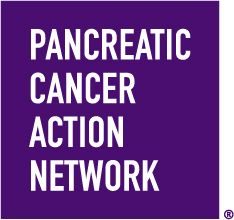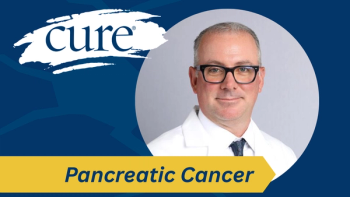
Taking on the World's Toughest Cancer

Adaptive clinical trials are poised to deliver hope to patients with pancreatic cancer.
There are few diagnoses as gut-wrenching as cancer, with the devastating effects of pancreatic cancer felt within my own family. Of all the major cancers, pancreatic cancer has the lowest
In 2011, I lost my brother Eddie to pancreatic cancer, and then a few years later, I lost my other brother Artie to the same terrible disease. One lived 14 months after diagnosis, the other just five weeks.
This cancer is terrifying because it’s hard to find and even harder to treat. Nestled deep in the abdomen, it’s difficult to see. When patients notice back pain, weight loss or jaundice, the cancer has usually already progressed, and dense tissue surrounding tumors makes them hard to treat. Most of the time patients face a grim prognosis with limited options, but that paradigm is about to face its most serious challenger to-date.
In time for
Patients will have access to different experimental treatments in a single trial, and they will have the flexibility to receive a second treatment if the first isn’t working. Led by the Pancreatic Cancer Action Network (PanCAN) in partnership with leading clinicians, researchers, the Food and Drug Administration (FDA) and diagnostic and drug developers, this platform will accelerate critical care for patients and provide long-overdue insight into the disease.
This next generation of clinical trials has been a long time coming. While tremendously valuable, traditional clinical trials are inherently time-consuming and costly. Sometimes patients find the right fit, and sometimes they spend precious time on treatments that simply aren’t working. While experts strongly recommend that people with pancreatic cancer participate in clinical research, only about
Adaptive clinical trials represent a turning point. Precision Promise will enable patients to join forces with the medical community and other patients to advance therapies in a more efficient manner. Instead of long, expensive trials, there will be a more streamlined approach to enrollment and care. This efficiency can be critical for patients who don’t have a lot of time.
It will also minimize the number of participants needed to speed successful treatments to market. Precision Promise has already partnered with Tyme, Inc. to include
The rest of the cancer community is paying attention. Progress made using adaptive trials like Precision Promise can help pave the way for more agile, cost-effective clinical research that could eventually change the regulatory pathway for all cancer treatments. It’s the triple threat that the cancer community has been looking for: accelerating the approval of promising therapies, increasing opportunities for patients to access experimental treatments, and creating a more cost-effective model. Using this model as its foundation, Precision Promise and other adaptive clinical trials are gearing up to crack the code on certain cancers, and for pancreatic cancer, bringing a new wave of hope after decades of seeking forward progress.
The word “promise” means both a covenant—a bond, and it also means “hope.” During Pancreatic Cancer Awareness Month as we think about those we’ve lost to this unrepentant disease, we must fully embrace the hope that a cure to pancreatic cancer exists and uphold the promise that we will commit to finding it.
Tommy Thompson is the Former Secretary of Health & Human Services (HHS) and four-time Governor of Wisconsin. He also serves on the Board of Directors at Tyme Inc., a clinical-stage biotechnology company developing novel cancer therapeutics.




